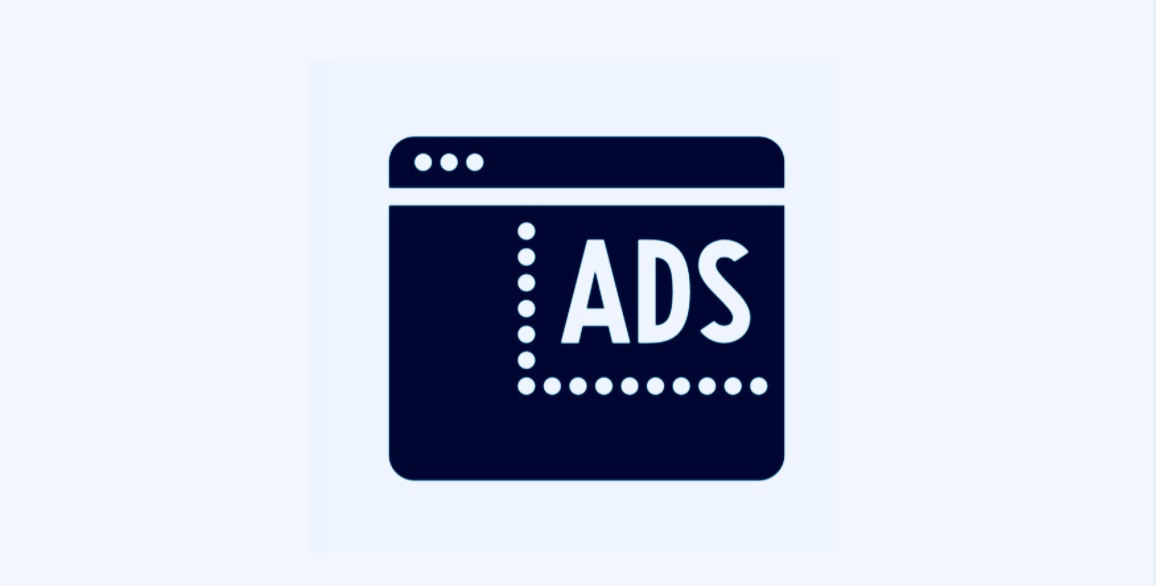App Development
- BD Timz provides app development services for your business on IOS, android and window’s platform.
- We provide development facility for desktop app and mobile app.
- We produce both hybrid or native app for clients.
- Our UI’s are unique and multitasking based on client demand.
Mobile application development is the process of designing, creating, and developing mobile applications that can run on mobile devices such as smartphones and tablets. Mobile applications can be developed for different platforms, including iOS and Android, and can serve a wide range of purposes, from entertainment and social networking to business and productivity.
Mobile application development typically involves several stages, including:
- Planning: This stage involves defining the purpose of the mobile application, identifying the target audience, and creating a plan for the application’s functionality, features, and design.
- Design: This stage involves creating the user interface and designing the application’s visual elements, including the layout, icons, and graphics.
- Development: This stage involves writing the code for the application, including the functionality, user interface, and backend system.
- Testing: This stage involves testing the application to ensure that it works as expected and meets the user’s needs and expectations.
- Deployment: This stage involves submitting the application to the app store for distribution and making it available for download.
Successful mobile applications are user-friendly, visually appealing, and provide a great user experience. Our mobile applications are secure, scalable, and able to handle a large number of users. The demand for mobile applications is expected to continue to grow, and mobile application development is likely to play a critical role in the success of many businesses in the years to come. There are many technologies that are used in mobile application development. Here are some of the most common ones which our company usually practices:
- Programming languages: Mobile applications can be developed using a variety of programming languages, including Java, Kotlin, Swift, Objective-C, C++, and JavaScript.
- Integrated Development Environments (IDEs): IDEs are software applications that provide developers with tools for building, testing, and deploying mobile applications. Some of the most popular IDEs for mobile application development include Android Studio, Xcode, and Visual Studio.
- Cross-platform development tools: Cross-platform development tools enable developers to write code once and deploy it to multiple platforms. Examples of cross-platform development tools include React Native, Xamarin, and Flutter.
- Backend services: Mobile applications often require backend services to store and retrieve data, authenticate users, and provide other features. Popular backend services for mobile application development include Firebase, Amazon Web Services (AWS), and Microsoft Azure.
- Application programming interfaces (APIs): APIs enable mobile applications to interact with other applications, services, and data sources. Common APIs used in mobile application development include Google Maps API, Facebook API, and Twitter API.
The choice of technologies for mobile application development depends on the specific requirements of the project, the target platform, and the expertise of the development team. Successful mobile application development requires a deep understanding of the target audience, the market, and the latest trends and technologies in the field.
Our company developed several quality applications for our clients. Please contact us if you would like to develop app for your business.



